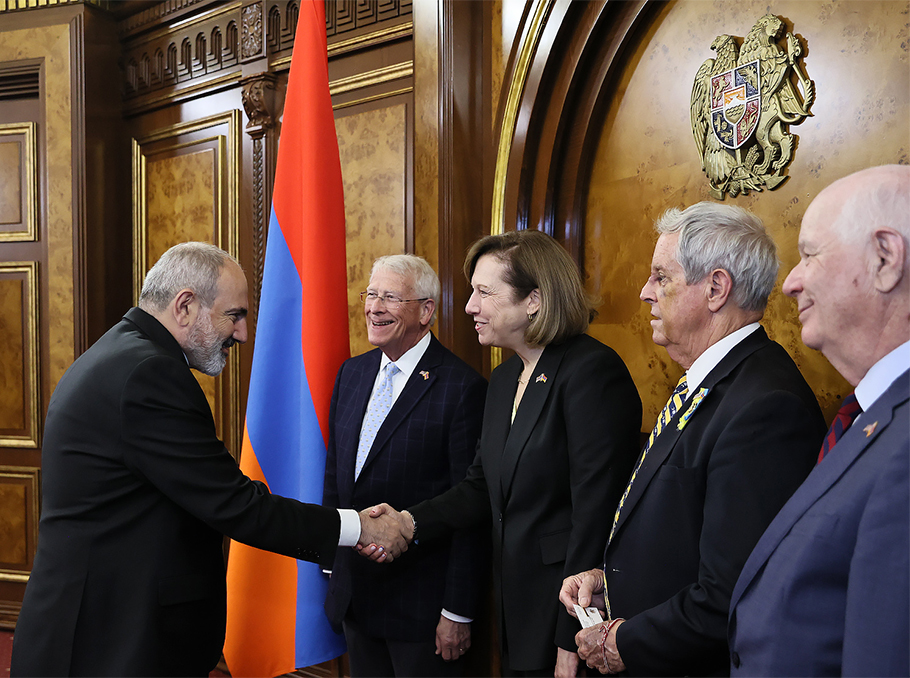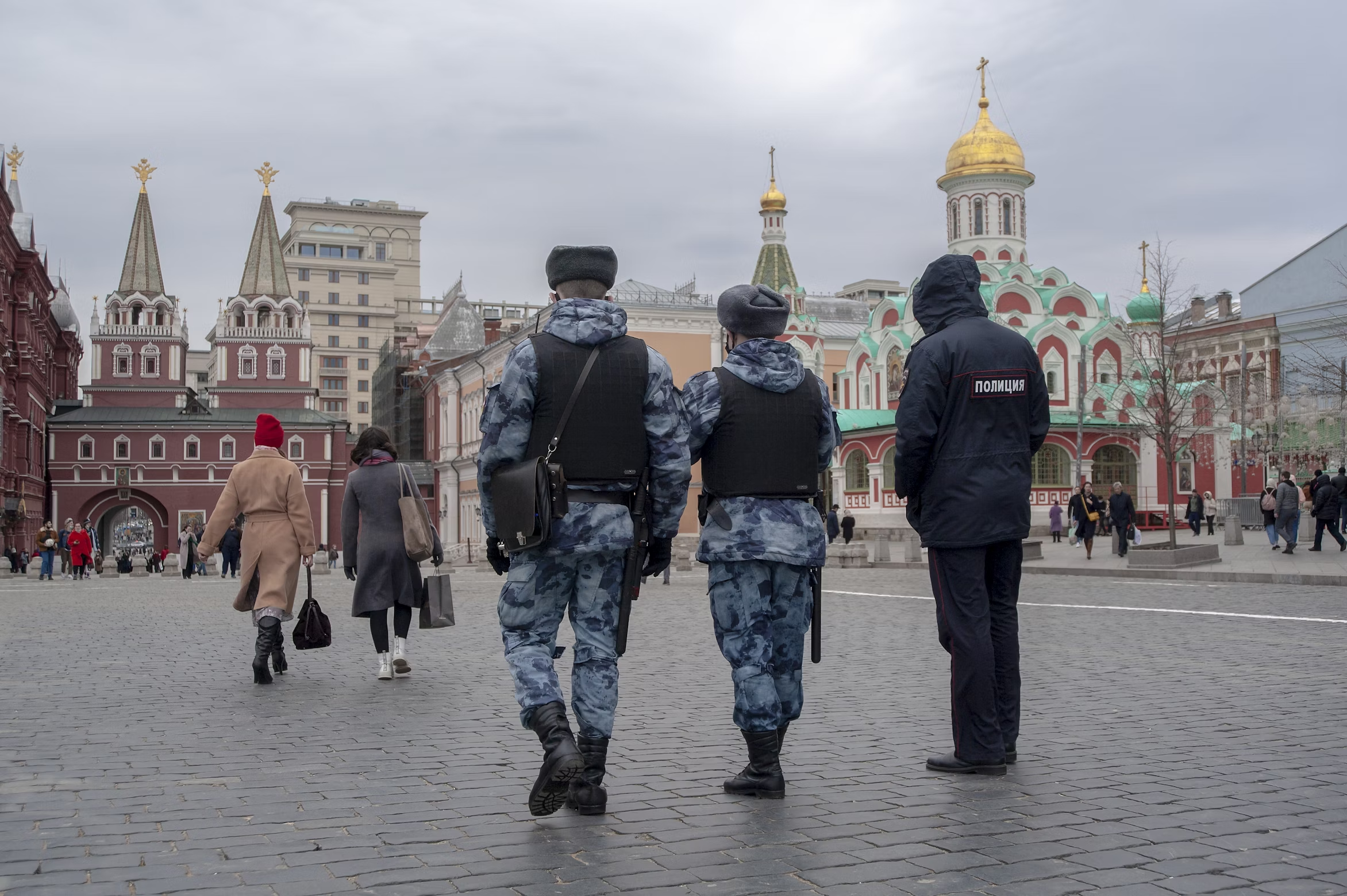Congress, or at least parts of it, is getting restless with the White House approach to human rights abuses in Central Asia. A recent hearing by the House of Representatives’ Tom Lantos Human Rights Commission on the region’s terrible human rights record, and the implications for U.S. policy, is the latest example. Led by Co-Chairman Jim McGovern (D) of Massachusetts, members asked tough questions that revealed an interest in strengthening the U.S. government’s approach to this increasingly authoritarian area of the world…
The White House and Congress should revise the current strategy to re-assert conditions on providing military aid in the Foreign Appropriations Act (which the Obama administration has waived every year since 2012), enact sanctions under the International Religious Freedom Act (also waived), and craft a visa ban and asset freeze for officials responsible for serious abuses.
McGovern emphasized this last point saying that the US government needs to tell people entrenched in governments with horrendous human rights records that, “[I]f you are not going to get justice within your own country, understand there is a consequence outside of your country.”
Indeed, McGovern along with Rep. Chris Smith (R-NJ) introduced the Global Magnitsky Human Rights Accountability Act (H.R. 624) in January, named after a Russian lawyer who died in jail after exposing financial fraud by officials. It would direct the president to place targeted visa and financial sanctions on individuals deemed responsible for “gross violations of internationally recognized human rights” or officials responsible for “significant corruption.” A similar version was introduced in the Senate by Sens. Ben Cardin (D-Md.) and John McCain (R-Ariz.).










